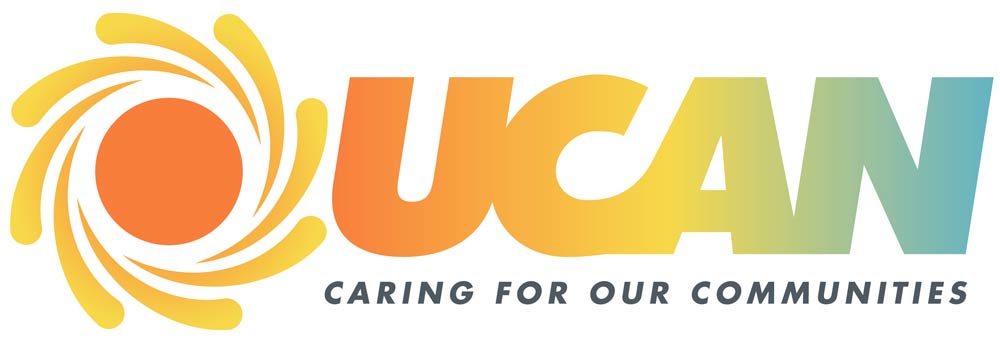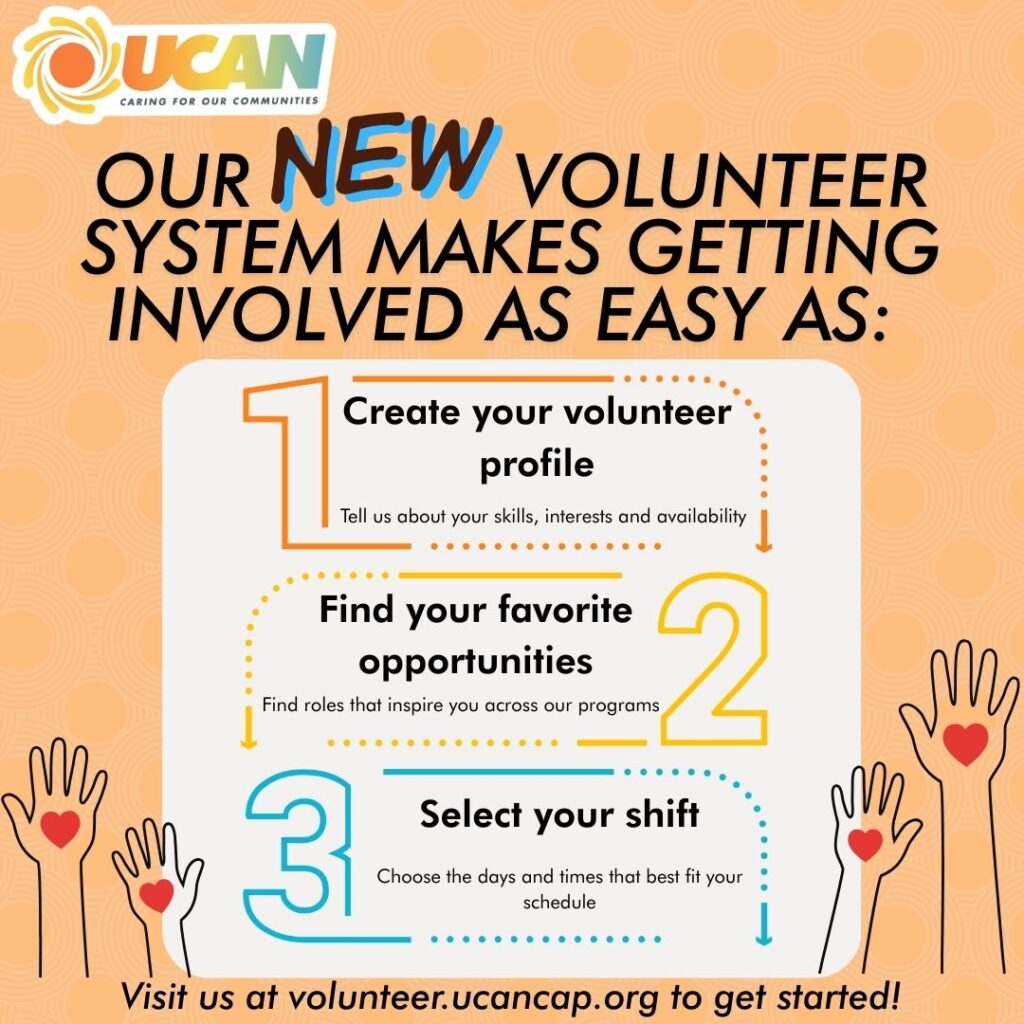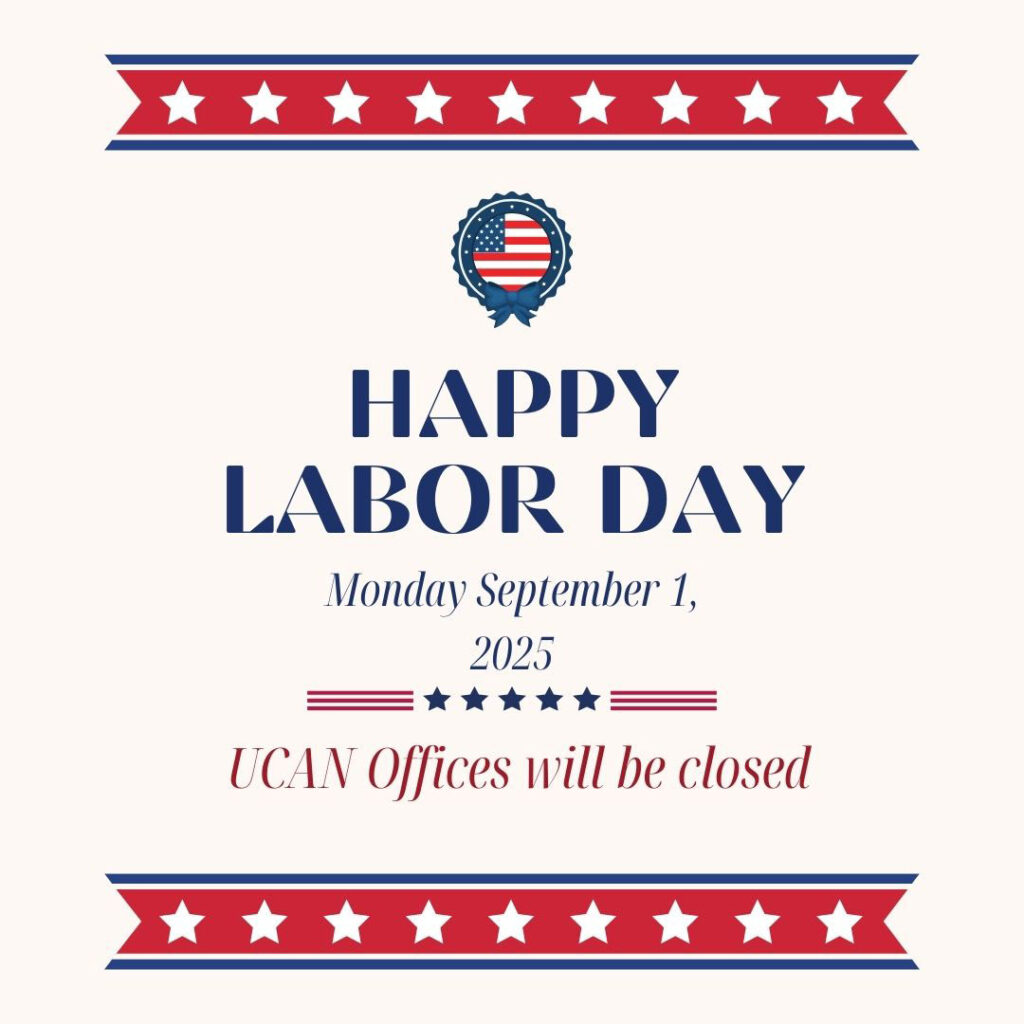UCAN has been invited to accept donations through The Church of Jesus Christ of Latter-day Saints’ Giving Machine. UCAN is the only Douglas County non-profit invited to participate. This special red vending machine in located at Eugene’s Valley River Center’s center court. Those interested in donating to UCAN can give between $5-$100 to provide oral health kits, children’s books, babyproofing items, meals and math kits to families in need. The Giving Machine will operate through December 14th.
Para una descripción de nuestros servicios en español, haga clic aquí.


